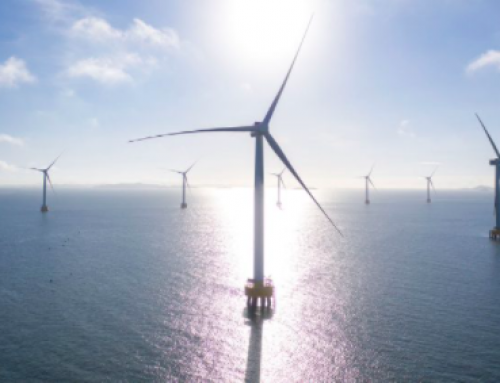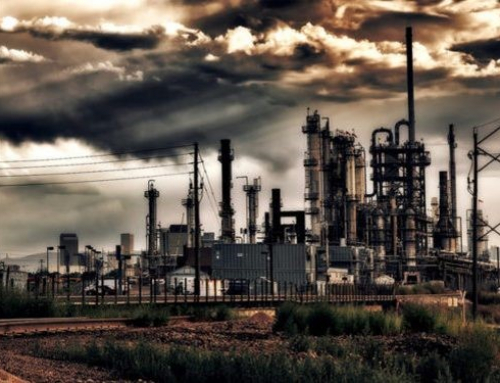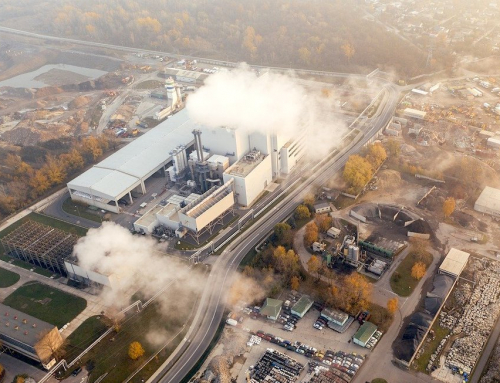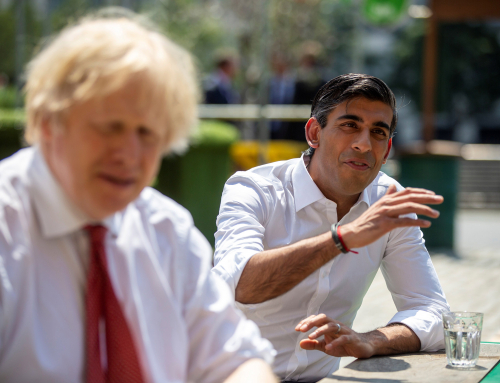The latest announcement from London AIM-quoted IGas Energy is that Pareto Securities, a Norwegian company, has made a tender offer on behalf of an unnamed client for US$165 million worth of its senior secured bonds and so far has purchased senior secured bonds with a nominal value of US$38.42m at a price of 75 cents per bond on the Oslo Stock Exchange.
The company had net debt of £73.3m at the end of 2015 against an asset value of £98.8m and cash of £28.6m. Since IGas seems able to meet all the covenants on its debts, these latest transactions seem unlikely to affect the company’s operating activities.
It would be interesting to know why this presumably Norwegian unnamed client should want to invest in IGas in these parlous times for onshore small cap UK oil and gas concerns. Is it because it wants to gain exposure to the stalled UK shale industry in the hope it is about to become not stalled?
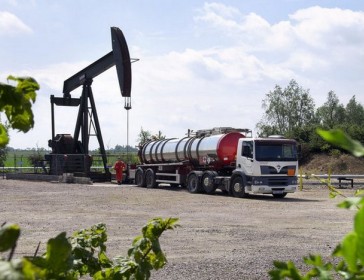
IGas is finding it difficult to get fracking underway photo:www.igasplc.com
IGas is a conventional oil and gas producer with possibly great value upside through its enormous unconventional shale position. The results for 2015 show a sound situation with the conventional output, while, not for the first time, emphasising the longer term potential of its shale holdings.
Cost cutting of production costs by 25 per cent in 2015 meant an economic lifting cost of US$25 a barrel, which combined with a selling price of US$60 a barrel through hedging meant the operating results were positive – just.
Earnings for the year amounted to £18.3m down from £21.6m. Inevitably revenues were sharply lower because of the continued oil price weakness, with turnover coming in at just over £25m compared with £58m in the preceding year. It generated about £1m of net cash from operating activities, compared with £26.5m the year before.
There were impairments however and the various write offs amounted to £58m, which made a sizeable hole in accounts and the company made a loss of £44m. The result of all this is that IGas has survived if it has not exactly flourished.
Going forward CEO Stephen Bowler said at the time the 2015 results were released in March, that 2016 would be another challenging year. But the US$60 a barrel hedge will still be in place for the rest of 2016 and the company said conventional production will amount to between 2,500 and 2,700 boepd, which should be comfortable in keeping the company ticking over.
The real interest for investors is in the shale. There are few publicly quoted companies with extensive shale acreage acreage in the UK and IGas is probably the most attractive. With new licences from the governments most recent onshore licencing round confirmed, the company as around one million acres which could hold shale gas. Early surveys estimate that the company’s acreage could hold 80 trillion cubic feet of gas-initially-in-place.
Given that the UK consumes around 3.5 trillion cubic feet of gas a year, even with low recovery rates of say, 10 per cent IGas could produce more than two years’ worth of gas for the country. Moreover three large groups INEOS, Total and Engie have farmed-in to the tune of £250m to IGas’s assets (not its equity) so capex should not be a problem.
The problem has been getting permission to drill on a licence. Unlike the US where the person or company who owns the surface land also owns what’s underneath it. In the UK, however, the Queen owns the underneath. This means the government of the day or more precisely local councils because they have control over planning permission.
Given the enormous public opposition to fracking local councils are loathe to give permissions. Although the government is very keen on fracking and has threatened to override local councils, time-lines can still be long. There was a ban on fracking for four years until late 2014 because it was thought to cause earthquakes.
Even when this was lifted progress was slow. There were no permissions granted in 2015. Finally the small independent oil and gas company Third Energy was given the go-ahead in May this year. IGas has currently got applications in to drill two wells in Nottinghamshire at the Spring Road site – one horizontal and one vertical.
They are hoping they will be able to drill either later this year or early in 2017. Even a modest drilling programme could see the shares go stratospheric. At the moment the market cap £34.71 m company’s share price is 10.50p just over a third of its twelve month high of 29.75p.
Stuart Dalby (15/07/2016)

